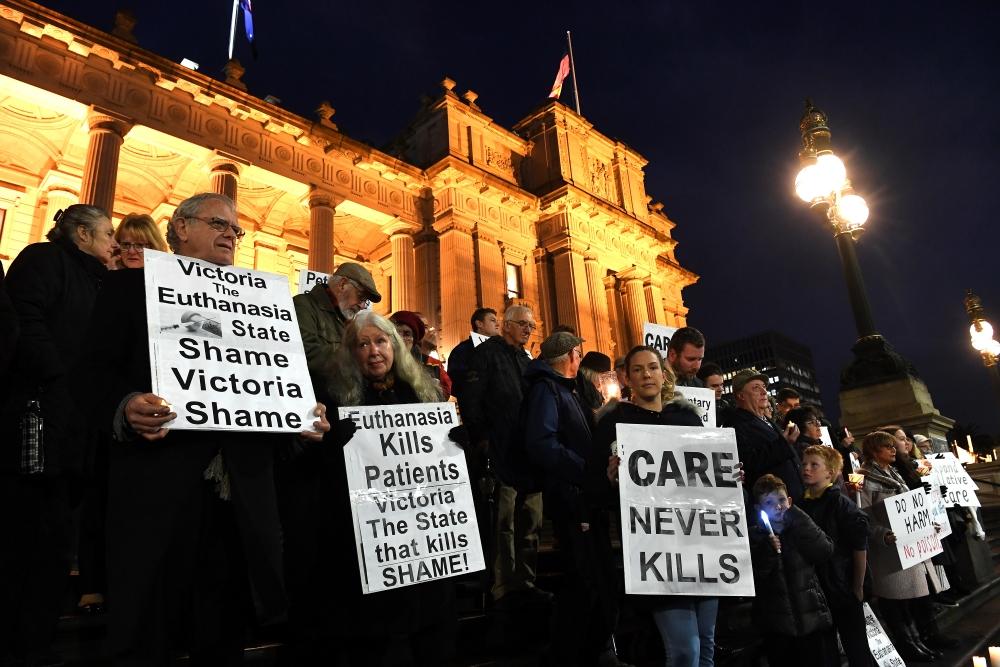Australia’s only euthanasia laws are in place but it could take weeks, if not months, for the first person to die under the state Labor scheme, and maybe much longer for the public to know.
Terminally-ill Victorians in intolerable pain and with less than six months to live, or 12 months for neurodegenerative diseases, and who meet a total of 68 safeguards can request their doctor’s help to die. They have to be over 18 years old.





